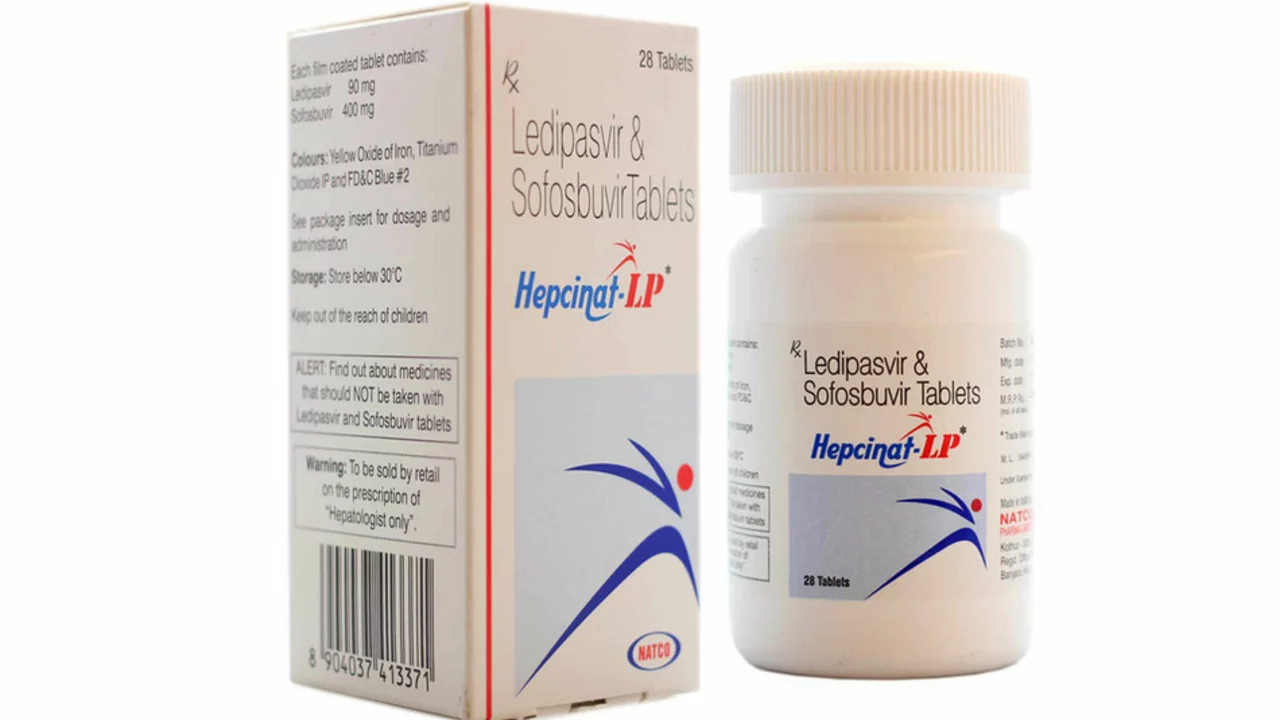Hepatitis C Treatment: What Works Now and How to Start
Hepatitis C is one of those infections that used to be scary — now most people can be cured. If you’ve been diagnosed or think you might be at risk, the good news is treatment is faster and gentler than it used to be. This page explains the practical steps: testing, common medicines, what to tell your doctor, and how follow-up works.
How treatment works and what to expect
The main drugs today are called direct-acting antivirals (DAAs). They target the virus itself and cure over 95% of people after a short course. Common combos you might hear about are sofosbuvir/velpatasvir, glecaprevir/pibrentasvir, and sofosbuvir/ledipasvir. Most courses last 8–12 weeks and side effects are usually mild — headache, fatigue, or nausea.
Before starting treatment your doctor will run baseline tests: an HCV RNA test to confirm active infection, liver blood tests, and sometimes a scan or FibroScan to check liver scarring. Genotype testing is less crucial than it used to be because many DAAs work across genotypes, but your clinician will decide if it’s needed.
Tell your doctor about every medication and supplement you take. Some common drugs interact with DAAs (certain antacids, some heart meds, and herbal products like St. John's wort). If you have HIV, advanced liver disease, or are pregnant, treatment choices and timing may change.
Access, safety, and follow-up
How do you get these drugs? They require a prescription. If cost is a concern, ask about insurance coverage, manufacturer assistance programs, or generic options in your country. Be careful buying meds online: use only reputable pharmacies that ask for a prescription. Avoid any seller offering to ship without one.
Treatment follow-up is simple. A key test is HCV RNA at 12 weeks after finishing therapy (called SVR12). If the virus is undetectable then, you’re considered cured. Even after cure, people with advanced scarring need regular liver checks. Also, get vaccinated against hepatitis A and B if you’re not immune.
Prevention matters: don’t share needles, avoid sharing razors or toothbrushes, and if you work in healthcare follow blood-safety rules. If you’re sexually active with a partner who has hepatitis C and there’s blood contact, use protection and talk to your clinician.
If you want practical help: get tested first, bring a list of your meds to appointments, ask about drug interactions and cost help, and plan the SVR12 test. Cure is realistic — getting the right tests and a proper prescription is the first win.
Ledipasvir: Addressing the Stigma of Hepatitis C Treatment
In my latest blog post, I've tackled the issue of stigma surrounding Hepatitis C treatment, particularly focusing on Ledipasvir. I've explored how this powerful drug is helping to change the narrative of Hepatitis C from a potential death sentence to a manageable condition. Moreover, I've discussed the importance of educating people about the effectiveness of Ledipasvir to help break down misconceptions. Many people don't know that this drug has a high cure rate and minimal side effects. It's time to dispel the stigma and start a more informed conversation about Hepatitis C treatments.
VIEW MORE
